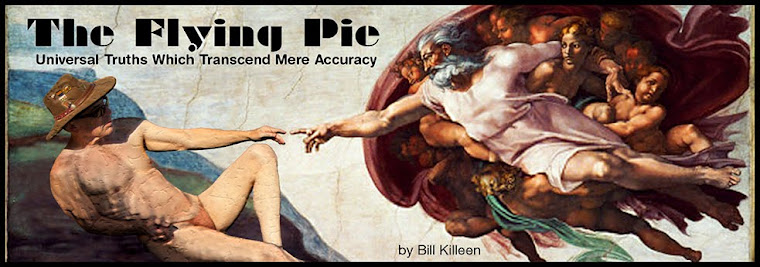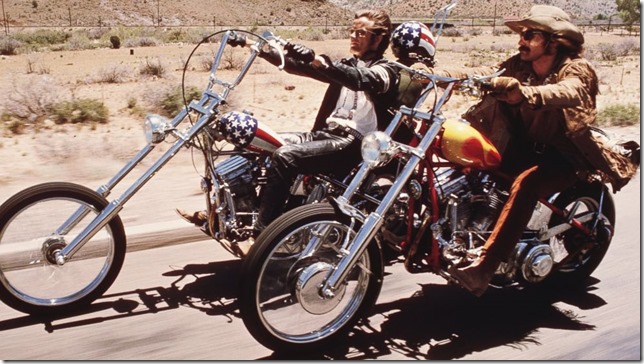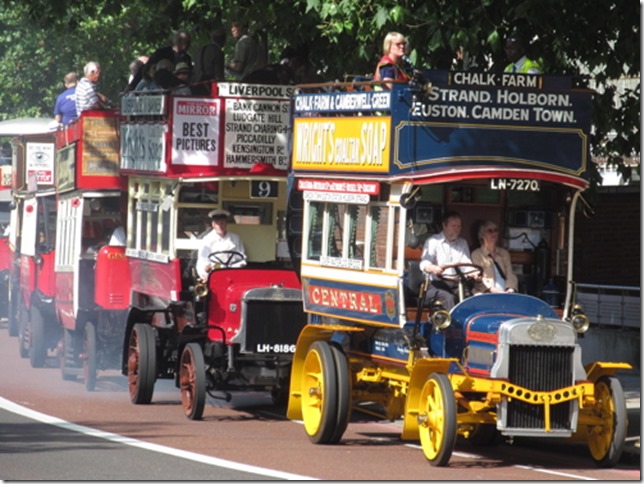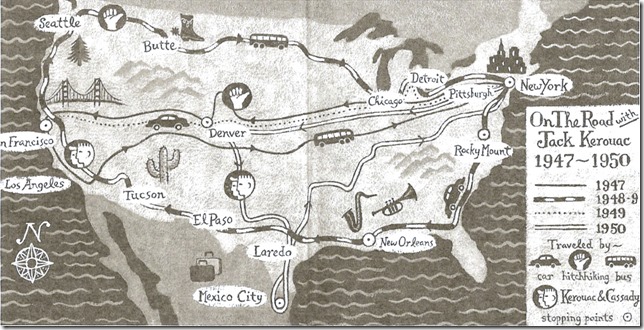“A ship in harbor is safe---but that is not what ships are built for.”---John Shedd
The warm weather of Summer fades fast in New England and the baker’s dozen of gentle weekends proffered by the gods is not to be wasted. When we were kids, the early evenings of Friday found the whole family, water buckets in hand, spiffing up the family vehicle for Saturday’s excursion to the nearby beaches of Salisbury or Hampton or to visit relatives in Rockport, near Gloucester, or the faraway wilds of Connecticut. There was no skyping in days of yore, no photographs of the family instantly transmitted by cell phone, not even mere Facebook pages, so the social calendar demanded the occasional visit by actual living entities. Imagine. What a concept.
My grandmother, Celia, famous for her grumpiness, was often along on these outings, though noone knew why. Celia regarded the beach as an alien planet not fit for habitation by humans. She would as soon be strung up by her earlobes as forced to enter the freezing Atlantic and the horribly invasive beach sand was an ultimate nuisance. My grandmother, however, reserved her greatest invective for the poor roller coaster, the first thing a person sees in the hazy distance when approaching edgy Salisbury Beach. To Celia, the roller coaster was a living, breathing demon, a monster to be avoided at all costs. When approaching the thing, she would give it wide berth, as if it might reach out and snap her up, buckle her into the lead car and force her to ride screaming up and down its terrifying hills.
“Those things are a menace,” Celia would announce. “Look at the rickety support boards, they haven’t been painted in years, do you think anybody checks them for nails falling out? Mark my words, one of those things is going to go flying into the street one of these days and everybody inside will be deader than Caesar’s ghost.” Everybody scoffed, of course, but Nan (as we called her) was right. One day the coaster car did land in the street, a great source of hullaballoo to folks in the area.
“See, I was right!” announced Celia, reading the story of the disaster in her local newspaper and immediately cutting it out and pasting it on the front of her pantry icebox (yes, I said “icebox”). There may have been a hundred roller coasters operating safely in a hundred towns for a hundred years, but that was no solace to Celia. “It only takes one foul-up,” she proclaimed, “and you’re sharing lunch with Abe Lincoln” There was no use arguing this point and no one tried although my sister, Alice The Coaster Rider, rolled her eyes a lot.
In high school, the road trip reached heretofore unseen elevations. One year, the football team was locked in a fearsome battle for the conference title with ornery Malden Catholic just twenty miles down the road. The imaginative Marist Brothers who operated our school decided that everybody—all 1200 students at Central Catholic—should travel to the game. They commandeered twenty-seven (count ‘em—27) buses for the purpose and festooned them with banners created by each homeroom, not all of them properly Christian. You did not want to be Sunday-driving down the one-lane thoroughfare in your trusty Studebaker when confronted by this impossible, impassable cavalcade. We eventually reached the enemy stadium where we clearly outnumbered the home team’s fans, who stood goggle-eyed in shock at this vulgar display. We sang, we shouted, we boola-boolaed all day long. And the football team still had the audacity to lose. The processional back home was less than pretty, with many disappointed fans making their disapproval known via the windows of the buses in a typically colorful manner, often being replied to by thrown hot dogs and bottles by the victorious homestanders--not to mention a couple of lawsuits relating to minor property damage by oversensitive Malden residents. Needless to say, the mammoth convoy tactic was never repeated in future years and lives on today as the single greatest incidence of student transport in the history of Massachusetts high school sports, the ultimate football road trip. For better or for worse.
The Loneliness Of The Long Distance Rider
The ideal road trip, of course, involves two or more people, but the rule book allows special consideration for solitary ventures involving odd vehicles, interruptions, destination changes, equipment failure, old girlfriends, interstate travel and, especially, driving without a license. All of these were involved in a 1962 scheduled trip in my fine Cadillac hearse from Lawrence, Mass. to Albuquerque, New Mexico, which magically culminated in Austin, Texas. Many of you have read about parts of this voyage before, so we’ll make a long story short.
The original plan was to cross the country in mid-summer and join my old friend Jacques Guerin at the University of New Mexico and there to ramp up another installment of the Charlatan magazine. The effort was complicated by the fact my license had been earlier seized for my dereliction of duty in leaving the scene of an accident, a minor affair I assure you, with little death or destruction and involving a need to return young women to their campus before curfew. The sort of thing that happens to everyone at one time or another, with the punishment unfairly exceeding the crime.
The first stop was in University Heights, Ohio, the Jewish capitol of the Midwest, to visit an old girlfriend named Karen Meckler, whose parents had clapped me in jail years earlier for the crime of not also being Jewish. I know this is hard to believe but circumstances in the late 1950s were not the same as they are today, particularly in Champagne-Urbana, Illinois, where the heinous deed was performed.
Karen was home when I called and receptive to a visit, though she did mention her goy-jailing mom was expected later that afternoon. It’s always a pleasant experience, as we all know, visiting old girlfriends who are spending the summer at mother’s place and are therefore bored to distraction. Suffice to say, a good time was had by all. Until I headed out the door, discovered the hearse had a flat tire and remembered trouble was on the way. Fortunately for me, I had one of those aerosol cans which would instantly restore any tire to health. Well—any normal tire. A hearse tire could be restored to good enough health to leave the hospital and drive to the nearest tire dealer. Karen’s mother arrived just as I finished and cast a suspicious look my way—we had never met before. I walked over, handed her a silver bullet and went on my way. As I peeled out of town, I could almost hear her questioning her nervous daughter: “Who WAS that masked man?”
I made it down to Oklahoma City without interruption, but now my radiator was smoking. The garage man said I had several fairly inexpensive problems and one bad radiator. “Can you fix it?” “Not enough to get you to Albuquerque. Maybe half that far.” I remembered that Gilbert Shelton had invited me to Austin to help him in his upcoming year as editor of the University of Texas Ranger. Shelton promised me I could sleep on his “hair couch,” not to be confused with the furnishings of the Waldorf-Astoria. I had to stay in O. Town a couple of days while the radiator was being fixed but was lucky enough to have an old flame from my days at Oklahoma State named Rita Payton living nearby, a nice reprieve from sleeping in the back of the death wagon.
The trip to Austin, some 400 miles, was pokey. The fixit man advised me to travel mostly at night to keep the engine temperature down and to add water every 50 miles, which I did religiously. The temperature gauge kept edging up, but eventually I saw the Texas Tower rising on the horizon. I made my way over to Gilbert’s place, arriving in a cloud of steam and smoke and scaring off his backyard neighbors who thought The Apocalypse might be starting early. Shelton came out of his apartment with a big grin, offering a healthy welcome. “Killeen,” he said, “you sure know how to make an entrance.” I winced, took a big slug of his lemonade and sighed. “Well, you know how these road trips are.”
On The Road Again
In 1957, writer Jack Kerouac made the road trip a literary institution with his novel On The Road, with its romantic tales of driving (and hitchhiking) the length and breadth of the country several times in a relatively short period (1947-1950) despite a paucity of finances and little knowledge of where he might wind up at the end of the day. The book had great appeal to young Americans thirsting for adventure in a straightlaced society. Suddenly, everybody under thirty wanted to hitchhike across the United States and many people did. A lot of them wound up, like Kerouac, in California, especially San Francisco, which became General Headquarters for Kerouac’s Beat Generation.
By 1967, the beats had morphed into hippies and San Francisco celebrated its tie-dyed Summer of Love. The hippies had their own road trip movie in 1969 when Peter Fonda and Dennis Hopper, later joined by Jack Nicholson, fired up their Harleys and drove east out of Southern California looking for spiritual Truth. The movie established one of the great and and often ignored truths of road trips—they’re not always glamorous. Our heroes ran into bigotry and hatred in small-town America, their epic adventure ending in a clash of cymbals. Youthful audiences walked stunned from theaters, looking over their shoulders for signs of lurking danger.
In 1964, author Ken Kesey bought a retired yellow school bus for $1,250 for the purpose of transporting his tribe of Pranksters to New York for the planned publication party for his novel, Sometimes A Great Notion. The bus was properly painted and decorated in the psychedelic trappings of the times and the crew departed on June 17th for The Big Apple. It took them 24 hours to go the first 40 miles, thousand-dollar school buses being what they are. Fortunately, the group, fueled by LSD, Benzedrine and a shoebox full of joints, was not easily deterred. When they were stopped by various police agencies along the way, as they often were, Kesey pointed out that he was a filmmaker recording the great adventure.
Beat legend Neal Cassady, who had also been Jack Kerouac’s mainstay in earlier years, was the tireless bus driver. After sundry adventures, a plethora of parties and a few setbacks—one of the group was briefly institutionalized for activities above and beyond the pale—the bus now named Further arrived in New York on June 29. Despite Kesey’s best efforts, the mare’s nest of film was overwhelming and was only converted into movie shape many years later. It was, however, of great use to author Tom Wolfe, who used the film as the basis of his classic, The Electric Kool-Aid Acid Test, published in 1968. Further was returned to action in 1969 for the long trip to Woodstock, this time without Kesey. A race between Further and three buses from Wavy Gravy’s Hog Farm is recounted in the July 1969 Whole Earth Catalogue. A movie about the era directed by Gus Van Sant is said to be “in development.”
In recent years, tales of road trips, famous and infamous, by touring musicians have exploded. None of the music-makers seems more devoted to travel than country twanger Willie Nelson, who penned the road anthem, On The Road Again. If Willie has to sit home more than half-an-hour, he gets restless. “I feel most at home when I’m traveling,” he says, and the proof is in the pudding. In the past four years, Willie has been to fifteen states, two Canadian provinces and, for some reason, India, where there is only a smattering of red-headed strangers. The marijuana keeps him smiling.
The Girls On The Bus
“A small body of determined spirits fired by an unquenchable faith in their mission can alter the course of history”---Mahatma Gandhi
So now it’s time for the Ultimate Road Trip. All across these Disunited States, the bus companies are polishing the seats and tuning up the engines. The determined travelers are packing small bags with cold-weather garb, stuffing energy bars in their pockets and writing down the cell numbers of District of Columbia bail bondsmen. The Siege of Washington is on. If Gandhi is right, and who’s to argue, that a few protestors can produce miracles, what can 400,000 of them do?
Donald Trump and his minions will probably cite professional organizers, hardened demonstrators as his antagonists. Wrong. Most of them are local girls from small places, many not young, women who knew the second The Monster was chosen that the nation had made a stunningly foolhardy mistake and they would be forced to mount the parapets yet again as they had in their youth. This is not a fun trip, though they will try to make it memorable. A lot of the Old Girls have health deficiencies which make an overlong bus ride a serious chore. I asked Nancy Kay of Gainesville where she would sleep once in Washington. “On the bus,” said the 70-years-plus Nancy, who almost broke into tears when health issues forced her to the sidelines at the last minute. She might be frail, she admitted, but she could sit on a bus and she could walk. That’s the kind of professional agitator Trump is facing.
We tip our hats to this gallant band which marches forth to meet the foe—and make no mistake, the foe it is, not just of these women and their allies but also the sleeping masses who have not yet had the time or the inclination or the intellectual heft to realize what’s going on around them. These girls are the tip of the iceberg which will eventually sink the Titanic, a giant floe which reaches far and wide and will not only be simultaneously demonstrating in cities across the land but will be returning to the streets time and again until the Jolly Roger goes down and the loathsome pirate vessel sinks screaming into the sea. Do what you can to help them. Bring them some earmuffs. Babysit their pets. Get them some gift cards to fast-food joints. Write odes to their exploits.
They’re coming for you Donald, these women you despise, and they will devour you in the long run. They will huff and they will puff and they’ll eventually blow your house down. Denigrate the wolves at your own risk. The wolves will keep coming until they get you.
That’s all, folks….






